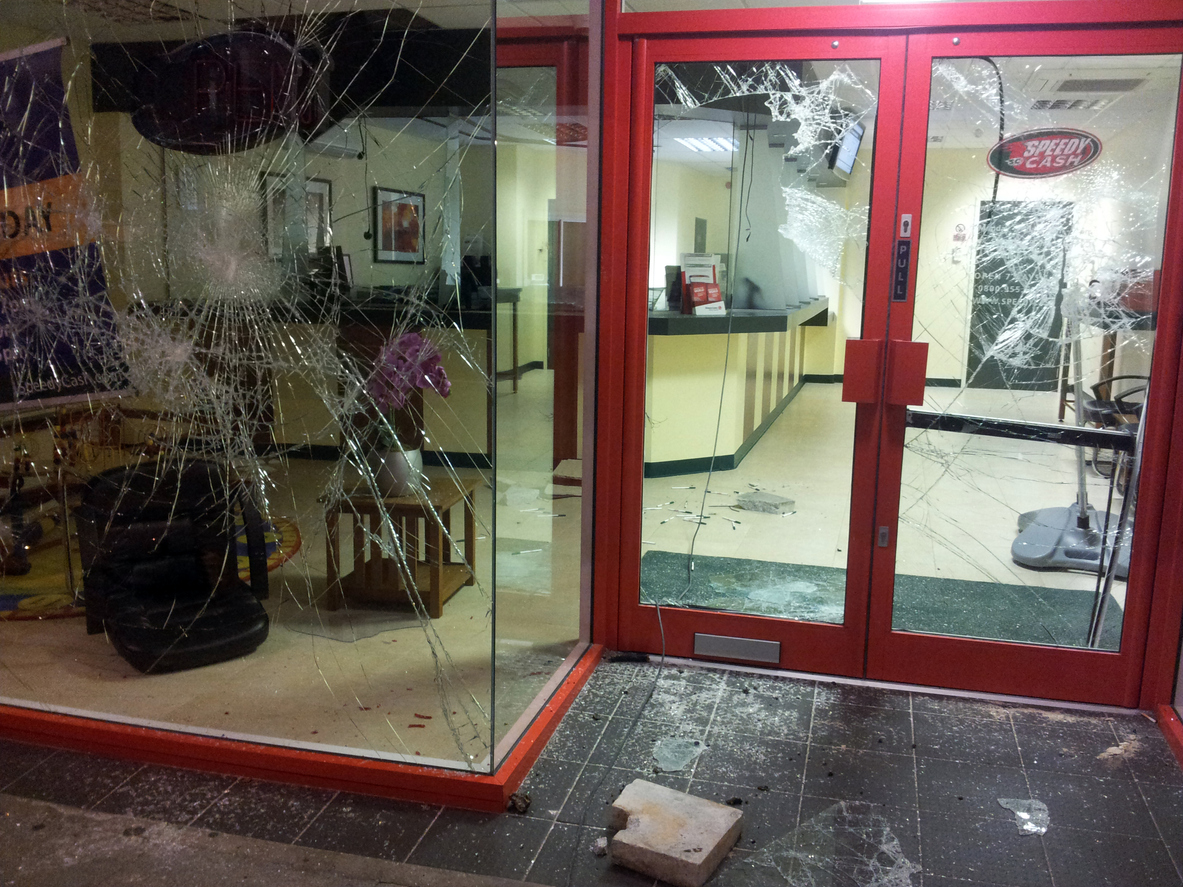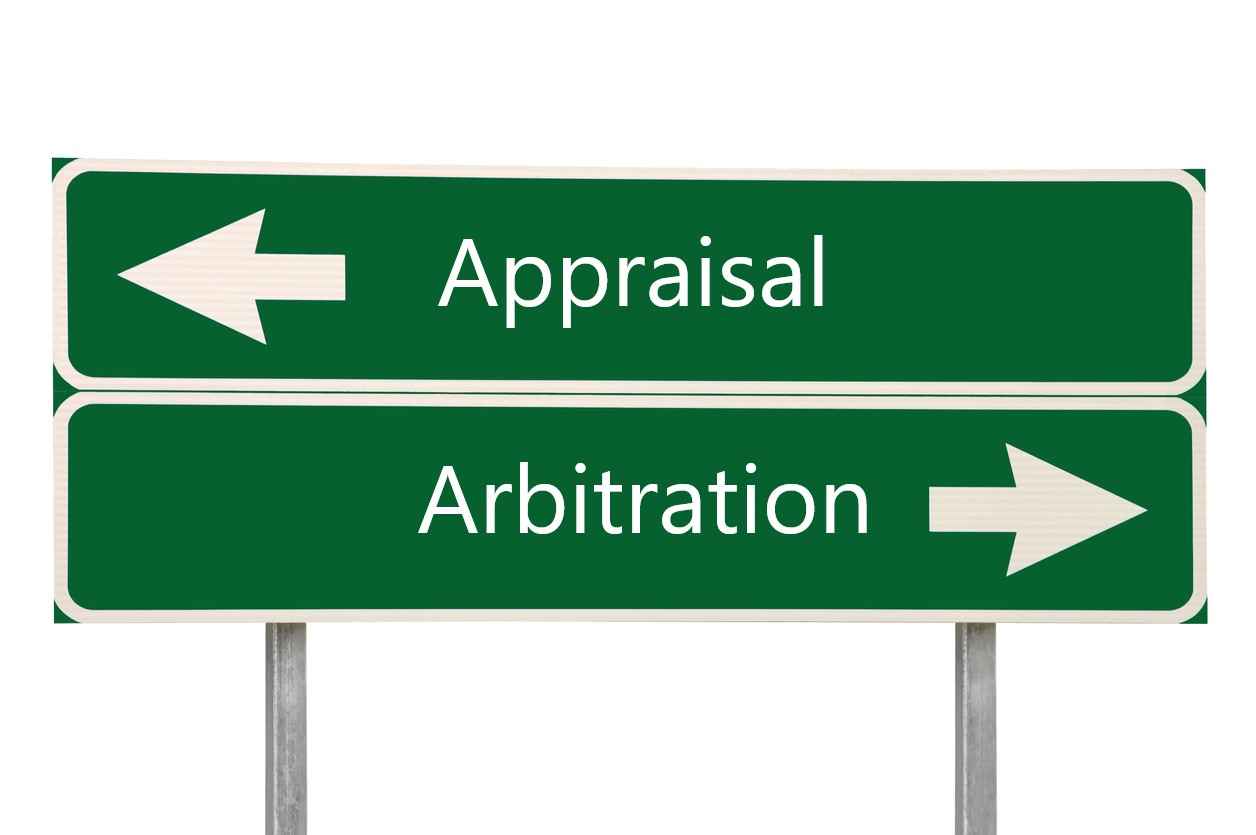Damages from the recent riots, including fire, vandalism and theft, are covered under property insurance policies. I have been receiving calls from the media and others asking me questions about insurance coverage for these sad and unfortunate events. I think a Los Angeles Times article, Is Looting Covered by Insurance? Depends on The Business, may be the cause of the confusion.
Under modern all risk insurance policies, all risks of loss, except those which are specifically excluded, are covered under the policy. Riots and Civil commotion are not excluded and indeed, they usually are specifically named perils under most commercial policies.
For example, the basic causes of loss form CP 10 10 specifically provides coverage for the following named perils:
- Fire
- Lightning
- Smoke
- Windstorm
- Hail
- Riot
- Civil Commotion
- Aircraft
- Vehicles
- Vandalism
- Sprinkler Leakage
- Sinkhole Collapse
- Volcanic Action
This does not mean all insurance companies are going to easily Pay Up! In Kent Insurance Company vs Glades Liquors,1 the court noted these facts:
Because of civil disturbances in scattered areas of Dade County in May, 1980, a large area of the county was designated a riot zone. Vehicular and pedestrian traffic into those areas was restricted or prohibited and county directives required the closing of all liquor stores and service stations in the designated zone. Appellee’s liquor store was within the geographical zone designated as a riot area.
In the early hours of May 20, 1980 thieves broke into appellee’s business premises. A sledge hammer was used to remove a two-foot section of concrete block at the rear of the building. The perpetrators took only the most expensive brands of liquors. The crime was reported to the police at approximately 6:00 a. m. In his report, the investigating officer concluded that the theft was a burglary, describing the modus operandi in police jargon as a ‘wall job.’
The majority of the court curiously held that the jury had to determine whether the loss was caused by a covered “riot” rather than an excluded “burglary.” The dissenting judge noted the following, citing a number of cases to the opposite:
I fail to understand how it can be said that a theft, which occurred within an area designated by police as a riot area, does not fall within the coverage of riot insurance, especially when the riot conditions required all of the stores in the area to close and to evacuate their personnel. Although some police protection remained, it is noteworthy that the burglary occurred at the store during the period the owner was forced to remain away and between police inspections.
I see no question remaining for jury consideration. The loss occurred as a direct result of the riot. Fire Association of Philadelphia v. Evansville Brewing Association, 73 Fla. 904, 75 So. 196 (1917); Allstate Insurance Co. v. Coin-O-Mat, Inc., 202 So.2d 598 (Fla. 1st DCA 1967); Kirshenbaum v. Massachusetts Bonding & Insurance Co., 107 Neb. 368, 186 N.W. 325 (1922).
The answer to the title question is usually “yes.” It does not depend upon the type of business as suggested by the Los Angeles Times, but upon the exact wording of the business policy purchased. As regular readers to this blog know, follow the rule of RTFP—Read The Full Policy.
Kelly Kubiak and I did not appear for our Tuesdays at 2 With Chip Merlin because of the social media blackout. We will hold that educational session about Examinations Under Oath and Hurricane Irma Notice Requirements next Tuesday at 2 PM EST.
Thought For The Day
All of us might wish at times that we lived in a more tranquil world, but we don’t. And if our times are difficult and perplexing, so are they challenging and filled with opportunity.
—Robert Kennedy
_____________________________
1 Kent Ins. Co. v. Glades Liquors, 418 So.2d 1101 (Fla. 3d DCA 1982).




